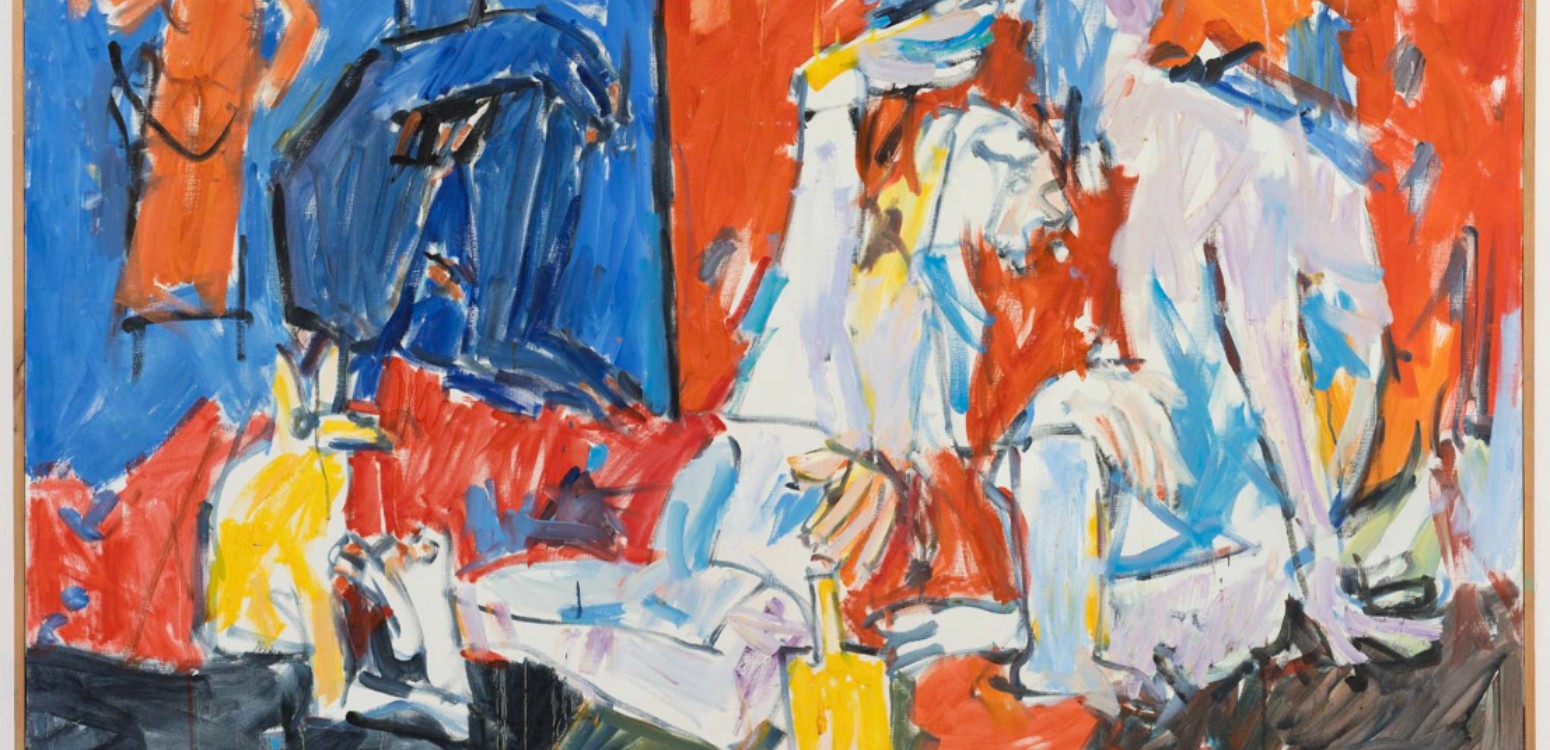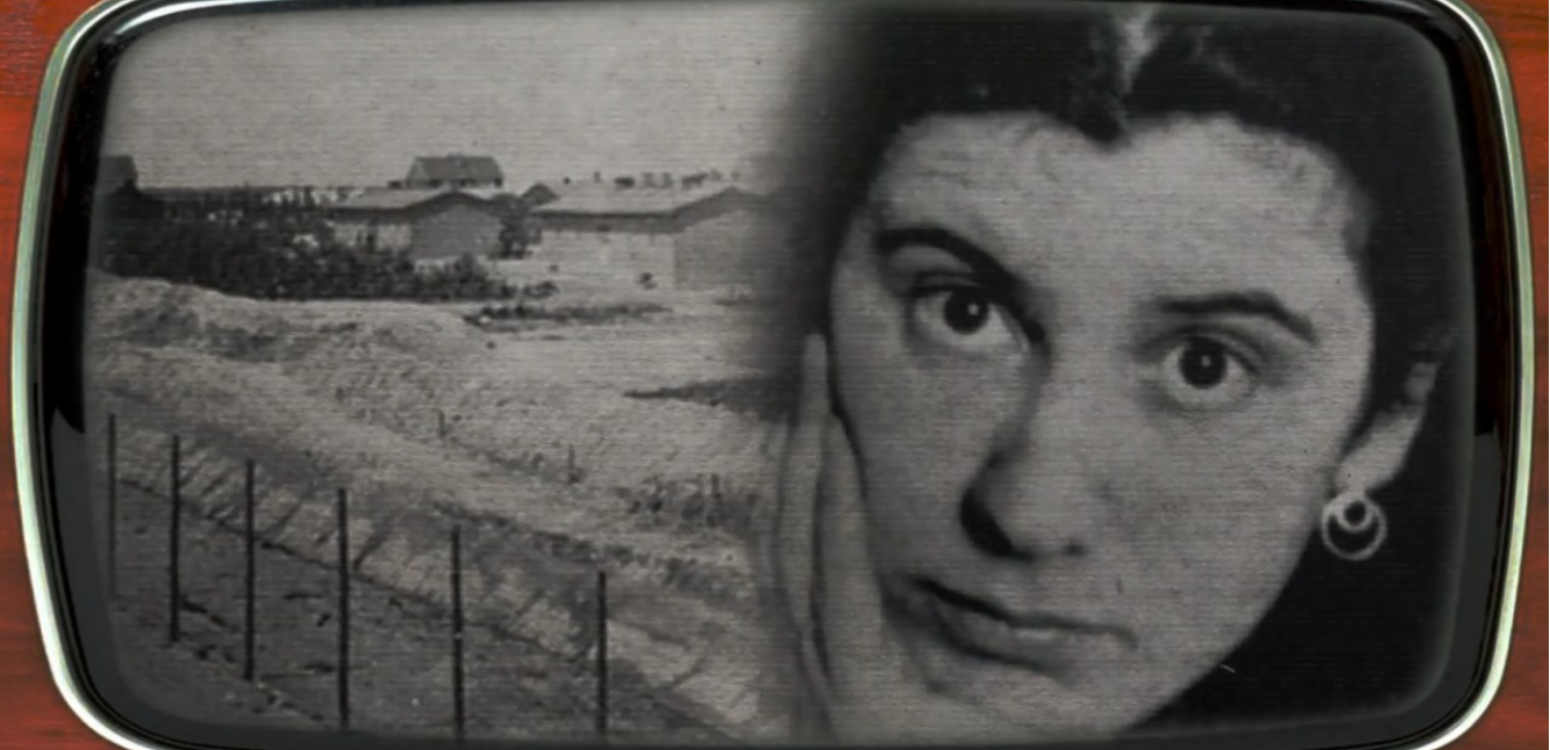Composer Felix Mendelssohn was born Jewish and raised Christian. That didn’t stop him from dedicating a beautiful piece of music to Elijah the Prophet
In August 1836, the German composer Felix Mendelssohn wrote to his friend, diplomat and poet Karl Klingemann to ask if he might write a libretto for an oratorio about Elijah. “I think Elijah, and his going up to heaven in the end, would be a most beautiful subject,” he wrote. Following delays in finding a librettist, the oratorio «Elijah» would finally be completed ten years later; its English premiere was held at the Birmingham Festival in the United Kingdom on 26th August 1846. The German version, meanwhile, was first performed on Mendelssohn’s birthday on 3rd February 1848, a few months after his death. An oratorio is a musical composition with a narrative text, usually with a Christian theme, originally popularized by Bach and Handel during the Baroque period. Unlike an opera, it is not staged, as it sought to convey the truth of religious texts through music. In the end, «Elijah»’s libretto was written by Julius Schubring (who also wrote the text for Mendelssohn’s “St. Paul”) and depicts events in the life of Elijah as described in books 1 Kings and 2 Kings of the Bible, as well as other biblical texts, for example the Book of Psalms.
Mendelssohn: Elijah, Op. 70 - McGill Symphony Orchestra (youtube.com)
Writing in The Times, one critic noted: “Never was there a more complete triumph – never a more thorough and speedy recognition of a great work of art.” Others were less charitable. Following a performance in Boston, famed American theater and music critic H.T. Parker asked: “How many of those eyes were there in rapture, or were counting the four dead lights in the central sunburst of the ceiling?... ‘Elijah’ is hopelessly, awfully, irremediably mid-Victorian.” With time, perspectives changed. In his biography of the composer, R. Larry Todd wrote that “the oratorio was the crowning achievement of Felix’s career.” In 1957 Jack Werner called it “one of the most popular of all choral works,” while in 2005 critic and musicologist Michael Steinberg described “Elijah” as “thrilling to sing” and claimed that it “includes some of Mendelssohn’s finest music.”
Born in Hamburg in 1809, Felix Mendelssohn was the grandson of the German-Jewish philosopher and theologian Moses Mendelssohn, the pioneer of the Haskalah, the Jewish Enlightenment. Baptized at the age of seven, the composer never denied his Jewish heritage, but his work was often overtly Christian, for example a symphony in honor of the Reformation and the aforementioned “St. Paul”.
Given this context, it is understandable that contemporary Jews might not be attracted to his music. Nor is he considered to be one of the great composers, although this can at least partly be blamed on Wagner and his infamous essay “Jewishness in Music.” In it, Wagner wrote that Mendelssohn “has shown us that a Jew can possess the richest measure of specific talents, the most refined and varied culture… without even once through all these advantages being able to bring forth in us that profound, heart-and-soul searching effect we expect from music.”
It's easily forgotten, but in the years after his death Mendelssohn dominated the German musical scene, which is why Wagner worked successfully to destroy his reputation. He may also have been upset because Mendelssohn never replied after Wagner sent him a copy of his C major Symphony when the latter was 23. Despite his efforts to become an insider, then, Mendelssohn was frequently perceived as an outsider.
Talking to Beit Avi Chai, the stage director Michael Geller-Gieleta explains: “I have a mixed relationship with Mendelssohn, because he is not in the musical super league. But then when Maxim Vengerov plays his Violin Concerto I just weep. The first concert I attended after the pandemic was Vengerov playing the Violin Concerto at the Salzburg Music Festival, and that led me to rediscovering [Mendelssohn].”
Itzhak Perlman - Mendelssohn: Violin Concerto in E - Various Conductors & Orchestras/Fan Compilation (youtube.com)
“It’s like when you suddenly focus on supporting actors. Instead of the principal heavyweights, you notice more nuance,” Geller-Gieleta explains. “In music, once you accept that nothing compares to Beethoven or Bach, you respond to what you hear in a much less judgmental way.” Geller-Gieleta also confronts the challenges oratorios present to Jewish listeners: “Because I lack the Christian spiritual connection, I do not listen to Bach’s ‘St Matthew’s Passion’ as a musical retelling of the crucifixion of the Christian Messiah. A powerful mystical story told through music in enough for me. I do not need to believe that Jesus was the son of God to be emotionally stirred by Bach’s genius.” He applies this principle to “Elijah”. “In Israel people may not always appreciate the price European Jewish artists in the XIX and XX centuries paid to be considered ‘mainstream.’ Even Leonard Bernstein composed a Mass! This is one problem Israelis don’t need to worry about!”
He continues: “As for Mendelssohn’s music, it’s rather good, and people who enjoy Baroque music will enjoy his genius in transporting the Baroque musical idiom to a mid-XIX century orchestral setting. And the fact that the libretto was written in German, based entirely on what Christianity refers to as the ‘Old Testament’ and celebrates a Jewish prophet, proves how central Jewish spiritual and narrative identity is to the DNA of European culture, even though the European cultural scene spent centuries denying it.”
What about the story itself? “It doesn’t go into psychology the way an opera does. There are specific quotations from the Hebrew Bible – a mishmash of different books, it doesn’t have a conventional storyline. It’s a spiritual journey in which Elijah is the main character. Christian Europe does not see characters like Adam, Eve, Noah, David, Moses, Samson et al. as ‘Jewish.’ These characters are ‘theirs’ even if they’re Old Testament figures.” In the oratorio, Mendelssohn attempts to proclaim his Christian faith without denigrating his Jewish background. He wanted to present Elijah as a real human being.
Mendelssohn - A Midsummer Night's Dream Overture, Op. 21 (Kurt Masur, Gewandhausorchestra) (youtube.com)
The Jerusalem-based violinist Natalie Harris adds: “Although he was a Protestant all his life, he always refused to drop the name Mendelssohn. He was very influenced by Jewish themes. I’ve had the privilege of performing his ‘A Midsummer Night’s Dream’ overture, and his music should definitely be heard more – he’s one of our secret ambassadors, despite being a Christian.” Geller-Gieleta would even like to see “Elijah” made into a staged operatic performance: “I’d love to stage it at the Israeli Opera,” he says. “A lot of oratorios are being turned into staged productions these days; it would be more widely enjoyed as a piece of musical theater freed from identity politics – a celebration of Jewish art at its finest.”





















